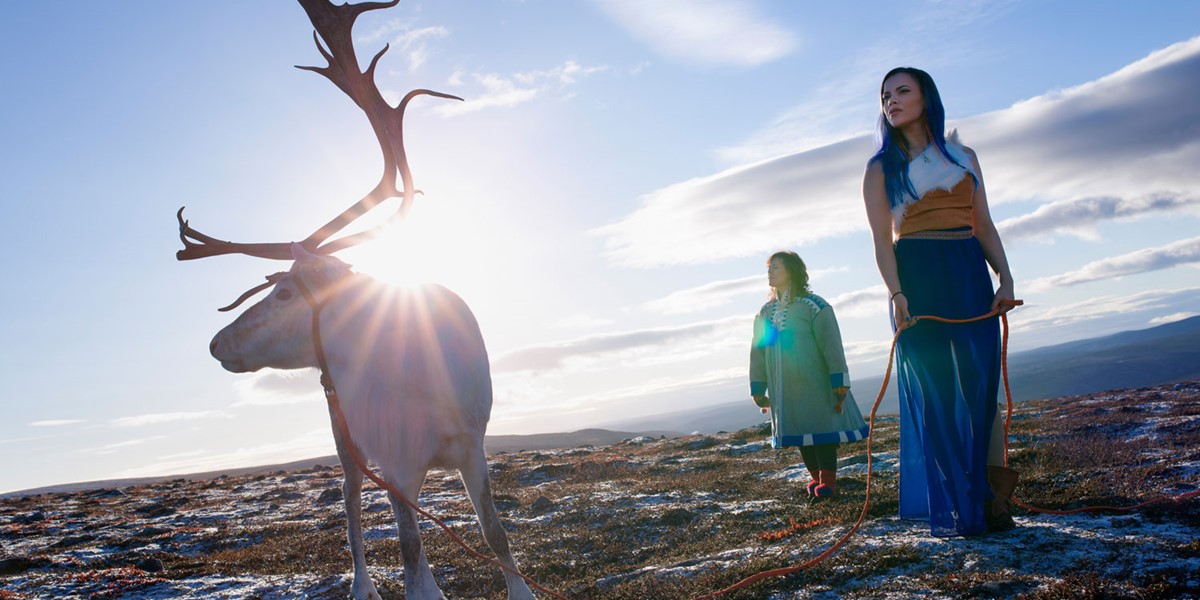Friday, January 13, 2023
“The big mining companies trying to take this land and push the reindeer people away” | How Solju are standing up for the Sámi culture
When not herding reindeer, Finnish mother-daughter duo Solju are bringing the Sámi tradition of joiking to wider audiences

Solju’s Ulla Pirttijärvi and Hildá Länsman (photo: Marja Helander)

Register now to continue reading

Thanks for visiting the Songlines website, your guide to an extraordinary world of music and culture. Sign up for a free account now to enjoy:
- Free access to 2 subscriber-only articles and album reviews every month
- Unlimited access to our news and awards pages
- Our regular email newsletters

